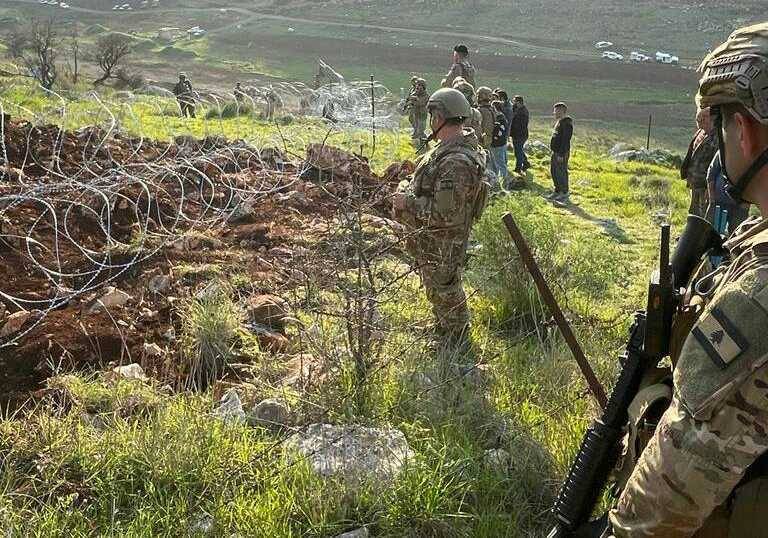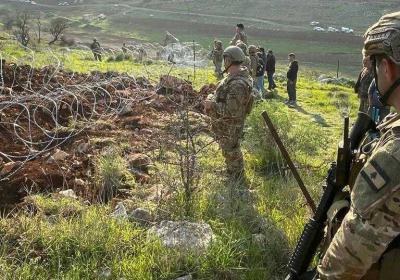Recent events, particularly the Nabatieh massacre, have indicated a dangerous escalation of tensions, leading to heightened external diplomatic and political mobilization in anticipation of any developments. According to informed sources, this may result in a resumption of diplomatic efforts this week after days of stagnation, especially from the French and American sides, following reports that both U.S. Energy Security Adviser Amos Hochstein and French envoy Jean-Yves Le Drian had postponed their intended visits to Beirut. Notably, Hochstein is expected to visit Tel Aviv this week.
In this context, the meeting between caretaker Prime Minister Najib Mikati and Hochstein occurred on the sidelines of the Munich Security Conference. The Prime Minister's media office reported that the meeting discussed ongoing tensions along the southern Lebanese border, reiterating the need for a permanent diplomatic solution to achieve lasting stability and the return of displaced persons to their villages. This meeting coincided with Hochstein's comments emphasizing attempts to keep the conflict in southern Lebanon at a minimum, stressing the necessity of supporting the Lebanese army and developing the economy in southern Lebanon, which will require international support from both Europeans and Gulf states.
Additionally, there are discussions about Paris preparing to hold a conference to support the army at the end of February, followed by another conference in Rome in early March for the same purpose. This follows the French proposal to enhance the Lebanese army with surveillance towers and training for personnel. This aligns with the vision brought by British Foreign Secretary David Cameron during his visit to Lebanon two weeks ago. All of this is interconnected with parallel efforts being pursued by the United States in coordination with Qatar to increase aid to the Lebanese army.
In this context, diplomatic sources told "Al-Akhbar" that all external movement towards Lebanon may yield little, noting that the envoys, particularly the Europeans, have proven ineffective in dealing with the Lebanese file due to their lack of understanding of Hezbollah's approach to managing the conflict. They have been unable to influence its decisions, especially since the party believes that their motivations stem from Israeli interests and that they do not grasp the critical factors preventing Hezbollah from pursuing a political path.
The sources indicated a significant gap between the external parties and Hezbollah, noting that there is a difference between European and American approaches. The Americans recognize the impossibility of pushing Hezbollah to cease fire, thus their efforts focus on regulating the pace of fire as long as there is no opportunity for a halt. It is worth mentioning that Hochstein has a proposed solution aimed at resolving the dispute over the land borders, but he has realized that this is impossible at this time, and any discussions regarding the southern front cannot be separated from Gaza, which is a red line set by Hezbollah with no retreat from it.
While the sources stated that negotiations on all fronts have reached a critical difficulty, political circles have pointed out that Lebanon's diplomatic agenda is empty, and so far, no political forces have been notified of requests for visits. Should there be visits from international envoys, they would likely be for the purpose of monitoring the ongoing tensions in the south, due to concerns of escalation into larger military actions rather than arising from new proposals for a resolution.




